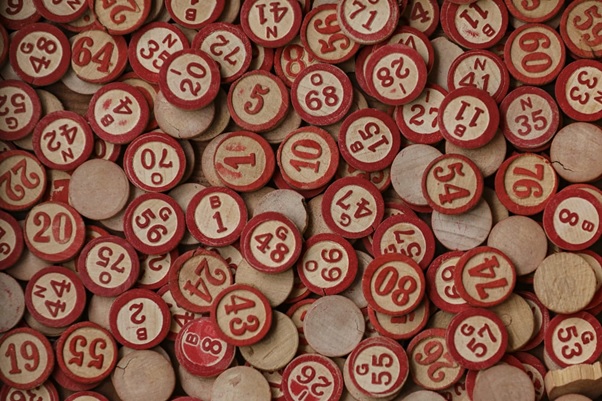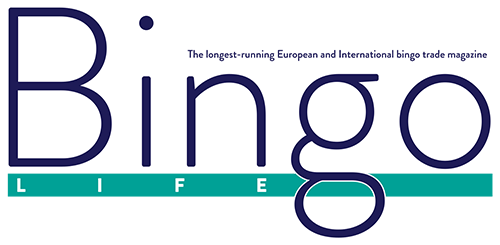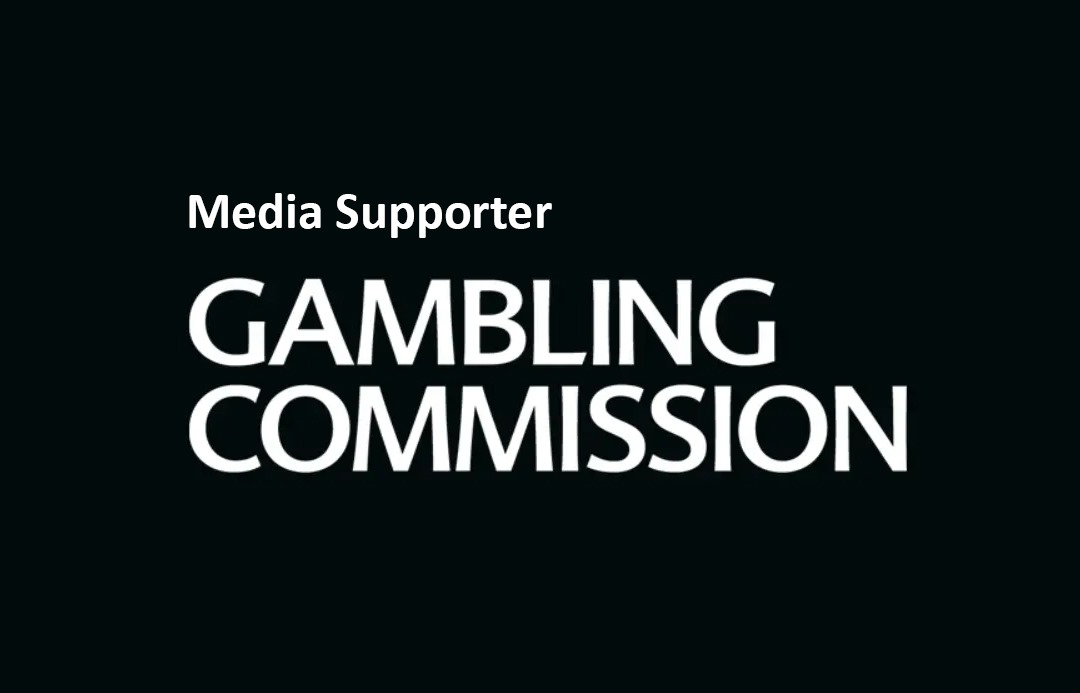Bingo 101: Who Invented The Game?
Perhaps you are thinking that Bingo could be a fun way to try your luck, especially after viewing the list of free no deposit bingo bonus codes. But, have you ever wondered who invented this well-known game?
The origins of Bingo have been the subject of controversy. So we did some study on the subject. Continue reading to learn about our perspectives on the beginnings of Bingo.
How it All Started
According to formal documents, the first legal version of Bingo was founded in Italy in the 15th century. And, to this day, the game has been played at weekly cycles practically without a break.
The game quickly expanded, and it was soon available in several European countries under the names "Le Lotto" and "Beano." At this stage, the game would resemble a sheet of paper with 27 squares divided into three rows and nine columns.

Image: https://unsplash.com/photos/3UbsiRcrFV4
It did not take long for the game to make its way to the United States. This is where the term "bingo" originated. At the time, Edwin Lowe misheard someone exclaimed "Bingo!" and mistook the term as the name of the game.
That night, Ed Lowe attempted to join the game and discovered that players were so obsessed with the game that the pitchman had to chase them out of his booth to close it. When Lowe saw this, his first thought was that it would make a great carnival attraction.
When Lowe returned to New York, he attempted to recreate the game. He hired a mathematician to assist him in developing a game with more possible outcomes, and he eventually ended up with the bingo cards.
It was not long before others approached Lowe and asked if they might utilize his idea for anything else. One of them is a priest who wanted to use the game to raise donations for the church. People enjoyed and appreciated the game so much that it became a weekly event.
Casinos, too, desired a piece of the action. Soon, the bingo betting industry grew into a multibillion-dollar sector that investors hoped to capitalize on. In North America alone, well over $90 million is spent on Bingo each week.
Who is Ed Lowe?
After reading the above explanation, it is safe to assume that Ed Lowe created Bingo. While it is true that he did not develop the concept, he is the one who coined the term.
Lowe, who also developed the popular game Yahtzee, was the eldest son of an Orthodox rabbi. He was born in Poland before his family moved to Palestine, where he initially studied. He then immigrated to the United States when he was 18 years old.
He began his career as a traveling toy salesman assigned to the Deep South. Unfortunately, during the Great Depression, the region was called the most unprofitable location for a salesman, especially for someone as young and inexperienced as him.
Surprisingly, his misfortune led to his involvement in the bingo game. Lowe's money expanded, so he ventured into real estate and banking. He built the Tallyho Inn as well as the iconic Pacific Mutual Building.
Modern Day Bingo Games
Bingo is currently an immersive game in which players may win cash and other rewards. It has come a long way since its humble beginnings as a classic Italian game of chance.
You may now play Bingo in a variety of ways. Options range from gaming venues to casinos to online gambling sites where you may make a lot of money.
The majority of playable games vary each site. However, the most prevalent ones include 90, 80, 75, and 35 ball bingo games. These numbers show the ranges of the games, and most of the time, there will be a prize waiting for you after two lines.
Based on the number of balls employed in the game, there should be a consistent pattern. There has to be an equal distribution of odd and even amounts, high and low figures, number endings, and so on.
So, if you have a limited budget, you could be better off playing fewer books in more games. It seems to reason that the longer you play, the more likely it is that your lines will be announced at some point.
Some argue that the best way to win is to ensure that there are fewer players in the game. This goes with the idea that the fewer opponents you face, the more likely you are to win. However, skilled bingo players will know which games will last longer and which can be settled in fewer calls.
Apart from casinos and betting websites, Bingo is a popular pastime in nursing homes and retirement communities. Elders consider the game as a kind of recreational treatment and an opportunity for socialization.
One of the reasons it is popular is because it is simple to run. Residents can join in on the fun with just a few staff or volunteers. The possibility of winning a little reward is also a fun way to spice up the game.
Teachers have also utilized Bingo in the classroom for activities such as instructional materials or ice-breakers. Whatever they are teaching, the game may be a tremendous tool to help them keep the kids interested in the subject.
Final Words
Although it is true that the elders first played Bingo, the game has gone a long way since then. Currently, Bingo is an interactive game in which players may win money and other rewards when things come their way.
With the use of technology and the development of the most recent bingo sites, this game is increasingly appealing to younger generations. People's perceptions of the game have shifted due to this shift, and the game has grown in popularity over time.
Magazine:
- admin's blog
- Log in to post comments











